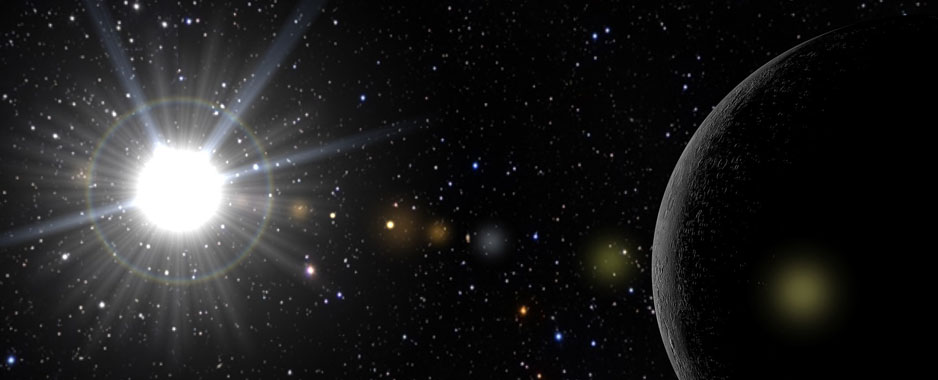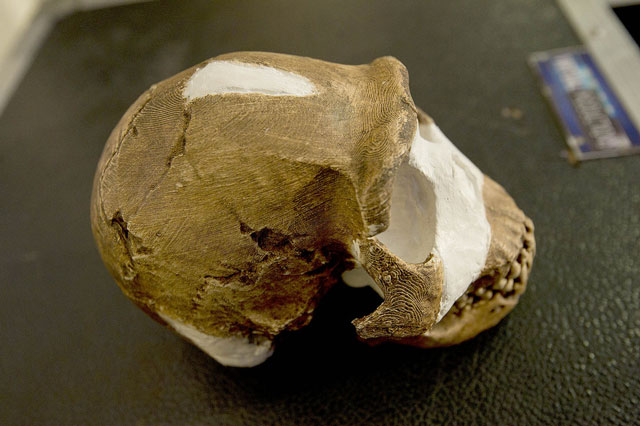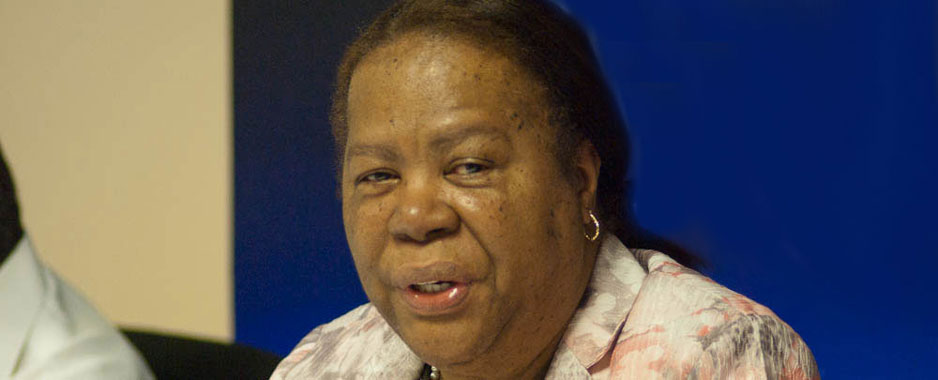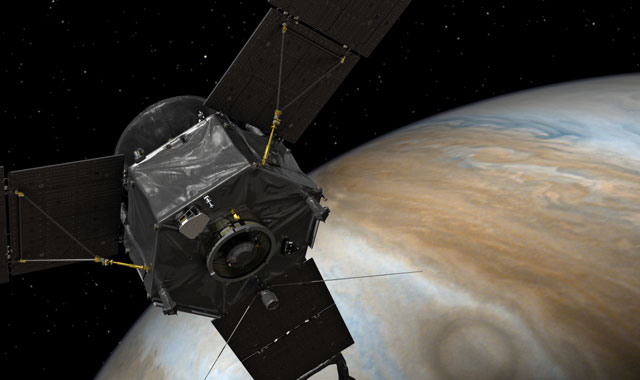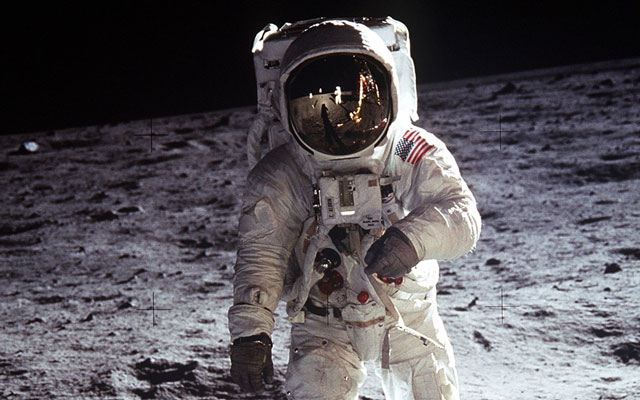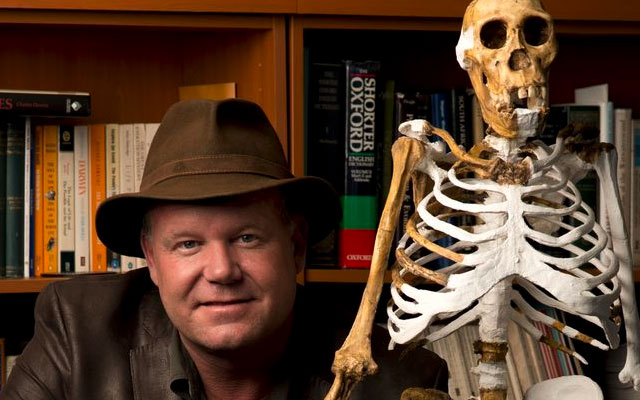When we were children, the summer holidays seemed to last forever, and the wait between Christmases felt like an eternity.…
Browsing: Science
“In space, no one can hear you scream.” That was the tagline of the 1979 box office film success Alien. And it’s true. Sound waves propagate mechanically as a vibration and therefore need a medium – solid, liquid or gas
Many questions have been thrown up by the discovery in South Africa of a previously unidentified human relative, Homo naledi. Perhaps the one that’s grabbed people’s attention the most is how Homo naledi’s bones
Science & technology minister Naledi Pandor says with only 16 dishes launched so far, the MeerKAT is already the best of its kind in the southern hemisphere. The minister said this on Saturday when she went to the Square Kilometre Array
If you’ve ever tasted a really hot chilli, you’ll know just how potent the effects can be. The burning heat sensation on the lips, on the tongue – and if you are not careful, on other more sensitive areas, such as the eyes – can be severe and last for a painfully
Nasa’s Juno spacecraft has begun to orbit Jupiter to probe the origin of the solar system, the US space agency has said. The US$1,1bn mission launched five years ago successfully entered the orbit of Jupiter, the largest planet in the solar system, after a 35-minute manoeuvre
The rest of the world has long believed that Africa can’t produce its own scientific inventions. This myth can be traced back to the time of slavery and colonialism – systems that led even Africans themselves to think that nothing good could come
Astrophysicists attached to the Southern Africa Large Telescope (Salt) are observing supernovas “almost weekly”, Naledi Pandor, science & technology minister, was told during a tour of the facility
From astronauts breaking records for the longest amount of time spent in space to experiments growing food and keeping bacteria in orbit, the past decade of human spaceflight has been fascinating. There has also been an explosion of privately
Award-winning palaeoanthropologist Lee Berger, who announced the discovery of Homo naledi last year, has been named in Time magazine’s list of the 100 most influential people in the world. Berger who, works out of the Evolutionary Studies



